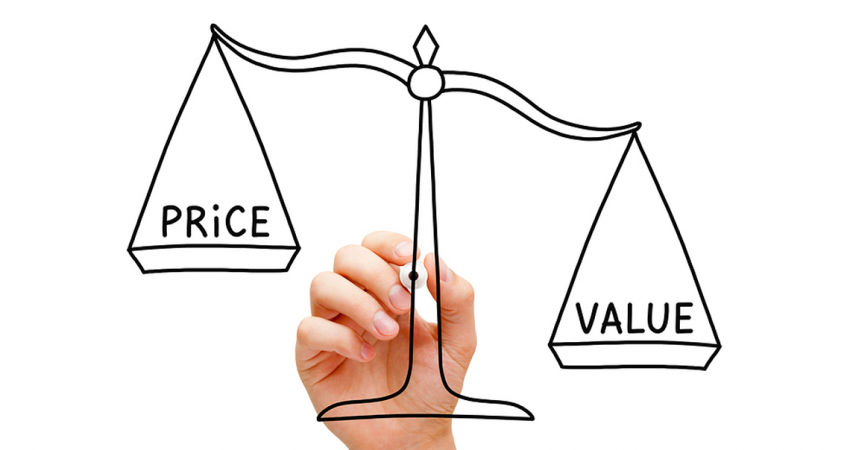Free Property Valuation
Wondering how much your property worth now ? We offer Free Property Valuation and offer you past transacted prices in your area, so that you can make better offer. We will come back to you within 24 hours!
Fill Up The Form Below For Us to Better Advise You
Privacy Policy : Your name, phone number, email address & other information you submitted are solicited ONLY for the sole purpose of advise property valuation and will not be shared for other purpose.
The common methods of valuation are the Comparison Method, the Income Method and Cost Method. Valuer will inspect the subject property and will take note of the property details during inspection such as building condition, structure, structural faults, rooms and layout, fit outs, fixture and fittings, any improvements, measuring the floor area (if required), etc.
Other factors to take into consideration, such as:
- Location and accessibility, surrounding developments and infrastructure availability
- Type of renovation particularly for extended portion of the house, does the owner obtain any approval from the Local Authority.
- Tenure of either leasehold (remaining period of how long) or freehold
- Current occupancy rate
- Land area and floor area
- Building conditions and finishes
- Monthly rental
- Planning approval, planning restrictions, zoning, density or plot ratio and title land use for development land valuation.
- Land terrain for development land valuation
- Caveats or encumbrances over the property
- Renovation & extension, and functional fixtures, for example, built-in kitchen cabinet, built-in wardrobe, flooring, additional wall/door for study room, etc.; functional extension, patio, terrace, car porch, additional bedroom/kitchen/bathroom, etc. Damage, risk, alteration is the structural damage to the property (roof, foundation, wall, etc.) such as knocking down of door, wall, room, etc.
After considering the characteristics of the property stated above and latest transactions, the valuer will then assess and determine market value.
Property value as (market value) + (added value) – (discounted value).
What is Market Value :– The estimated amount for which an asset or liability should exchange on the date of valuation between a willing buyer and a willing seller in an arm’s length transaction after proper marketing wherein the parties had each acted knowledgeably, prudently and without compulsion.”
Let’s deep-dive into the 2 different types of valuation methods:-
1) Comparison Method
The comparison method, also known as the sales comparison approach or market data approach, is one of the most commonly used methods to value different types of properties in Malaysia, such as houses, offices, shops and even warehouses.
When creating an estimated market value of a property using the comparison method, you’ll look at several features of the property.
To get an accurate figure, you’ll need to know the location, condition and size of the property, and then find several similar properties – also called comparables, or ‘comps’ – with the same features.
Once the other properties have been identified, you’ll need to compare them in terms of their sales price in order to arrive at a representative property valuation.
However, it’s important to keep in mind that no two properties are exactly the same, so you should consider as many features as possible, including the number of rooms and bathrooms, square footage and the last time the property was sold.
It’s important to analyse four to five different comps in order to get a representative figure that’s as accurate as possible.
2) Investment Method
When it comes to calculating the market value and future value of a freehold interest (the right to grant the leave to another person) of a property, investors commonly use the investment method.
It can be used for properties that provide landlords with a return on their investment in the form of rental income, and helps investors determine the current value of a property by looking at the potential profits the property can earn in the future.
To determine the net present value (NPV) of a property, you need to analyse comparable property sales as well as future rental incomes.
Calculating backwards to the present day, one can determine the current value of a property, including properties that are yet to be developed.
Using the comparison method, one can determine the price (cost to buy) of a property, as well as the rental one can ask for. With that, one will also know when the rental income and the investment will make profits.
Whether you’re a seasoned property investor or someone simply looking to sell your home, it’s important to understand the different property valuation methods.
While the comparison method is most suitable most residential property valuations, there are other property types in a variety of scenarios that are more complex and that demand different approaches.
Other tools or reference which may be relevant to you.
- Home Loan Eligibility (how much loan you can borrow)
- Home Loan Calculator (how much monthly installment)
- Rental Yield Calculator
- Real Property Gain Tax
- Stamp Duty
- Legal Fees


